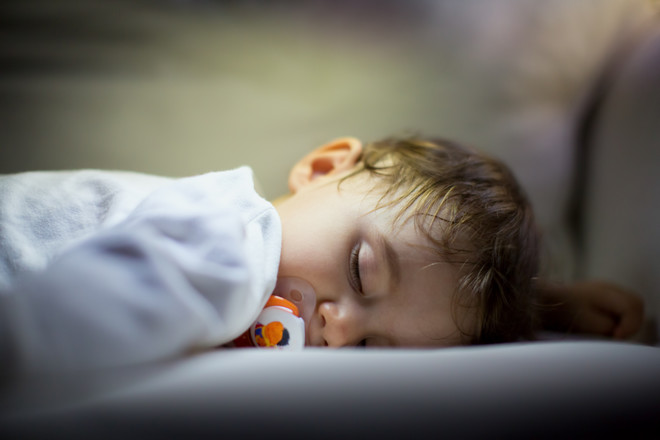Can a baby pacifier
Healthy children have a sucking reflex from birth. It remains until 1.5–2, and sometimes even 3 years. Thanks to it, the child receives mother’s milk. The sucking process also calms the baby. It is not advisable for a child to suck on a pacifier all day long. Photo: Getty You can give a pacifier if:
It is not advisable for a child to suck on a pacifier all day long. Photo: Getty You can give a pacifier if:
- the child is restless and sleeps poorly;
- he sucks his finger;
- there are problems with digestion.
It is forbidden to offer a pacifier to occupy ordistract the baby. It is better to listen to his desires, try to understand them and fulfill them. The disadvantages of a pacifier are addiction, malocclusion and late speech. If there is no pacifier nearby, the child will start looking for a replacement and put all objects in his mouth indiscriminately. And excessive attention around the pacifier distracts the baby from getting to know the world around him. Please note: if a child asks for a pacifier after breastfeeding, it means that he is not full or he lacks your care. A pacifier “saves” the baby from pain when teething. He can not only suck on it, but also chew it. However, if the child is breastfed during this period, he can bite his mother’s breast.
How to teach a child to the nipple
First, choose a suitable pacifier.Choose the size of the pacifier depending on the age of the baby. Its base should not cover the baby's nose, but should be wide so that he does not swallow the pacifier. It is better to accustom the child to a pacifier from an early age, because at this age it is easier to deceive him. Before giving the baby a pacifier, consult with a pediatrician.
Never sweeten a pacifier, especiallyif your baby is teething or has already cut teeth. Sweets will spoil them. Do not use jam or honey for this purpose. Remember that honey is a strong allergen and is not always good for children. Once your baby has gotten used to a pacifier, keep it clean. Store it in a special case and regularly treat it so that your baby does not “catch” an infection. It is also useful to know:









